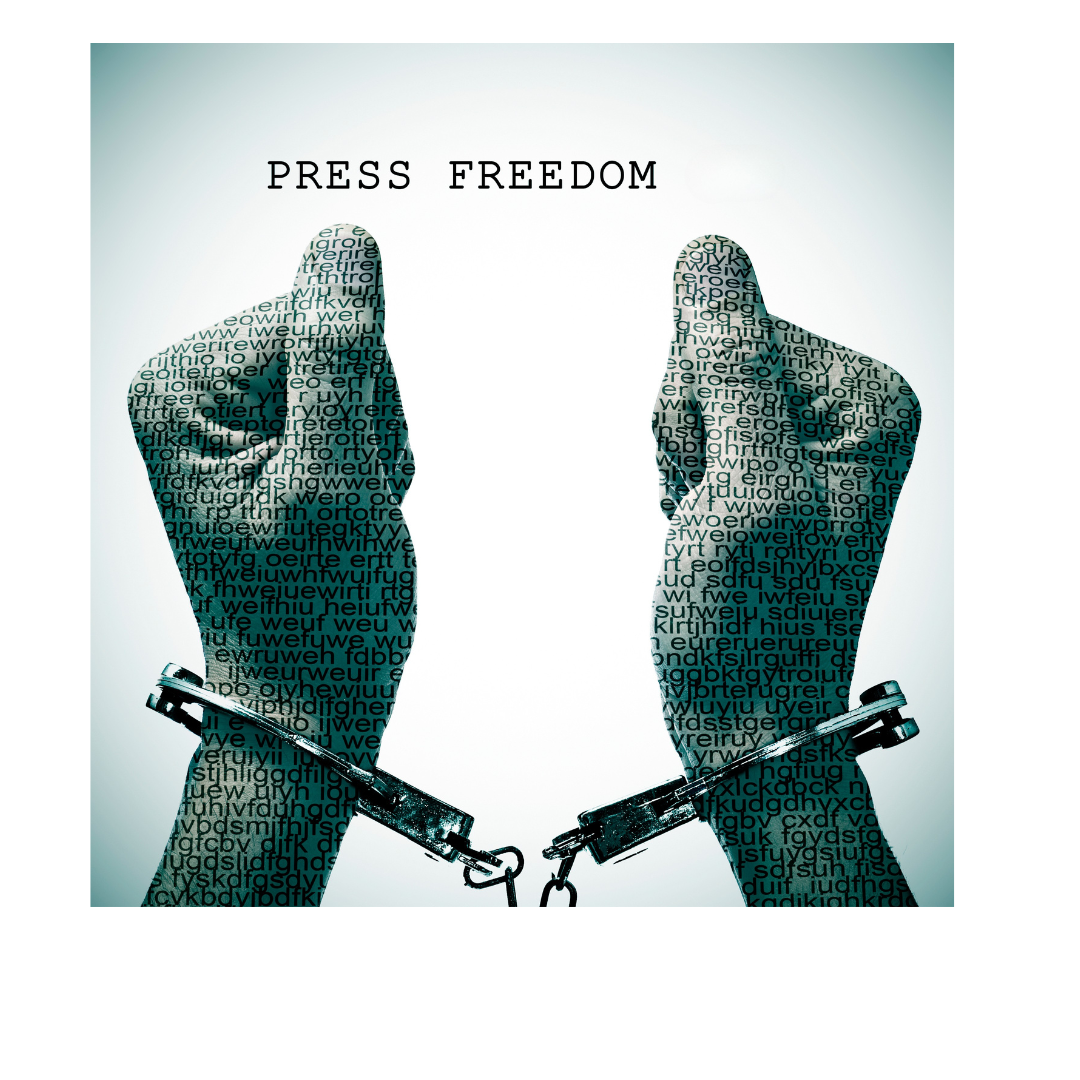SALC: As outlined in international human rights treaties and the constitutions of most African countries, freedom of expression is a fundamental right. The International Covenant on Civil and Political Rights and the Universal Declaration of Human Rights affirm that every individual has the right to hold opinions and to impart and receive ideas. This has served as the basis for recognising this right in most African states.
This freedom is essential in a democratic society because it allows people to participate in civic affairs and promotes accountability. The foundation of this is what is known as a “free press”. Freedom of expression provides the necessary basis for the media to deliver important information that helps citizens stay informed about, and engage in, governance, which is vital for accountability.
The Zimbabwean constitution, for example, explicitly recognises freedom of expression for the media, including protections for journalist sources.
The Zimbabwe Constitutional Court, in Chimakure vs Attorney General, affirmed that freedom of expression is sacrosanct, regardless of whether the information conveyed is false or offensive, provided it does not incite violence or spread hate speech. Although the right is not absolute, any restrictions must be proportionate and reasonably justified within a democratic society.
When criminal law is employed to silence the media, it is concerning, especially when charges are based purely on exercising freedom of expression rather than on accusations of inciting violence or hate speech.
Read full article: Press freedom in Africa an illusion, despite constitutional promises


